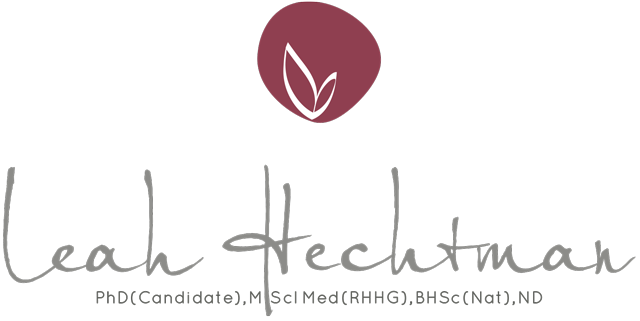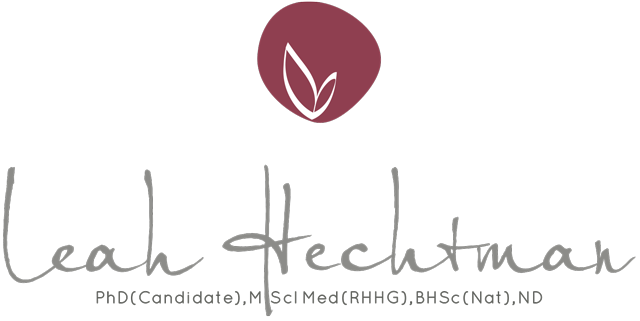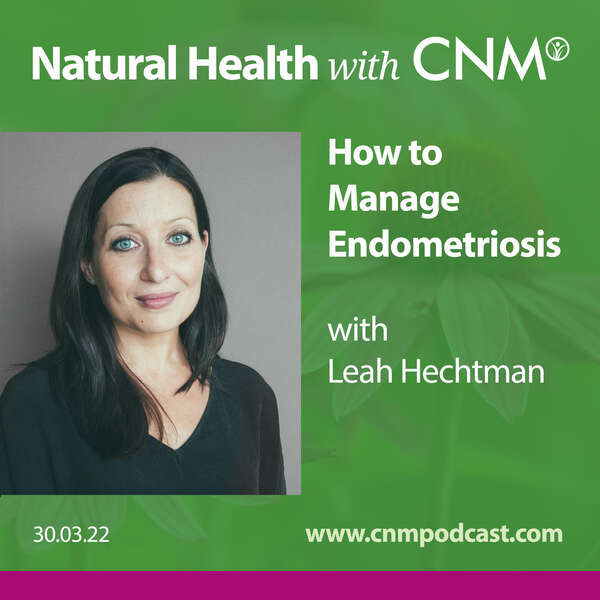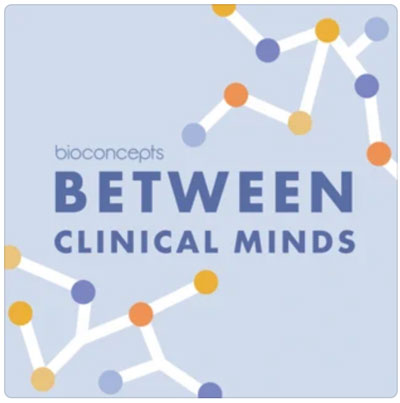The cholesterol controversy is one of those highly topical, highly debatable areas of modern medicine. My immediate reaction to this question is that yes, cholesterol lowering medications are a treatment option. All health issues should have multiple treatment options and it’s this choice that enables empowerment and health improvement. Medication may work for some but my philosophy is to get to the underlying cause as a bandaid approach isn’t the best solution.
Cholesterol is formed in the liver and is also provided in the diet. The regulation of levels is a carefully controlled process that ensures that the body produces enough good and ‘bad’ cholesterol. Each cholesterol molecule can be used for a number of health promoting effects including steroid hormone synthesis (androgens, progestagens, glucocroticoids, mineralocorticoids, estrogens), vitamin D synthesis, bile production (helps us digest fat) and is an important structural component of cell membranes. If we block or reduce its synthesis with these drugs, we are also blocking these vital functions and subsequently increasing negative health outcomes.
High cholesterol levels are associated with a number of factors including dietary, lifestyle and nutritional. Some people simply have bad genes – familial hypercholesterolemia. New research links high cholesterol not with cholesterol or a need to reconfigure liver enzymes (how cholesterol lowering meds work) but with a high level of an amino acid by-product called homocysteine. This interesting compound is relatively well controlled with adequate vitamin B6, B12 and Folate. Interestingly, they are also correlating high homocysteine with another genetic abnormality called MTHFR (a folate genetic defect) that prevent folate’s natural regulation of homocysteine levels thus increasing cholesterol. Both high homocysteine (and MTHFR) should be properly managed with a qualified professional, but as you can see medication may not be the solution.







